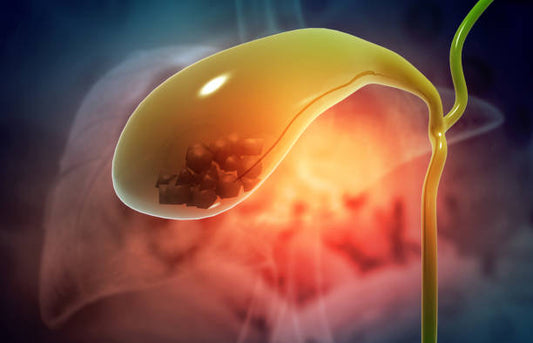Musta, also known as Cyperus rotundus, is an herb that has been used for centuries in traditional Ayurvedic medicine. It is a staple in Indian medicine cabinets and is known for its numerous health benefits. Musta is a perennial plant that grows in tropical and subtropical regions and is a member of the sedge family.
Traditional Uses and Cultural Significance:
- Ayurveda: In Ayurvedic medicine, Musta is considered a "tridoshic" herb, meaning it's believed to balance all three doshas – Vata, Pitta, and Kapha. It is often used to support digestive health, menstrual wellness, and as an ingredient in herbal formulations.- Traditional Medicine: Musta has been used in traditional medicine systems around the world to address issues such as diarrhea, dysentery, and digestive discomfort.
- Culinary and Culinary Uses: Some cultures incorporate Musta into their culinary practices, using the rhizomes as a flavoring agent or a condiment.
Potential Benefits and Applications:
1. Digestive Health: Musta is believed to possess carminative and digestive properties, making it useful for managing digestive disturbances and promoting healthy digestion.2. Menstrual Wellness: In Ayurveda, Musta is often used to support women's health, particularly during menstruation, by addressing discomfort and promoting balance.
3. Anti-Inflammatory Effects: Some studies suggest that Musta contains compounds with potential anti-inflammatory properties, which could contribute to its therapeutic benefits.
How to Use Musta?
Musta can be used in various forms like powder, capsules, and decoction. Here are some ways to use Musta:
- Musta Powder: Take 1-2 grams of Musta powder with water or honey twice a day.- Musta Capsules: Take 1-2 capsules of Musta extract twice a day.
- Musta Decoction: Boil 1-2 grams of Musta powder in 200 ml of water for 10-15 minutes. Strain and drink the decoction twice a day.
Possible Side Effects:
1. Gastrointestinal Sensitivity: Some individuals may experience gastrointestinal discomfort, such as bloating or upset stomach, when consuming Musta in larger quantities or in concentrated forms.2. Allergic Reactions: As with any natural substance, there's a possibility of allergic reactions for some individuals. It's advisable to start with a small amount and monitor for any adverse reactions.
3. Hormonal Effects: Musta is traditionally used to support women's health, particularly during menstruation. However, its effects on hormones and menstrual cycles may vary from person to person. Consultation with a healthcare professional is recommended, especially for individuals with hormonal imbalances or specific health concerns.
Frequently Asked Questions (FAQs):
Q: Can Musta be used during pregnancy?
A: Pregnant women should consult a healthcare professional before using Musta or any herbal remedy to ensure its safety during pregnancy.
Q: How is Musta usually consumed?
A: Musta can be consumed in various forms, including as a powder, infusion, or as an ingredient in herbal formulations.
Product that contains Musta -
In Conclusion:
Musta, like many herbs, offers potential benefits for well-being, but it's important to approach its use with caution and awareness. While Musta has been used for centuries in traditional medicine, individual responses can vary. To ensure a safe and effective experience, consider consulting a healthcare practitioner before incorporating Musta into your routine, especially if you have specific health conditions, are taking medications, or are pregnant or breastfeeding. Taking an informed and mindful approach can help you make the most of the potential benefits Musta may offer.












